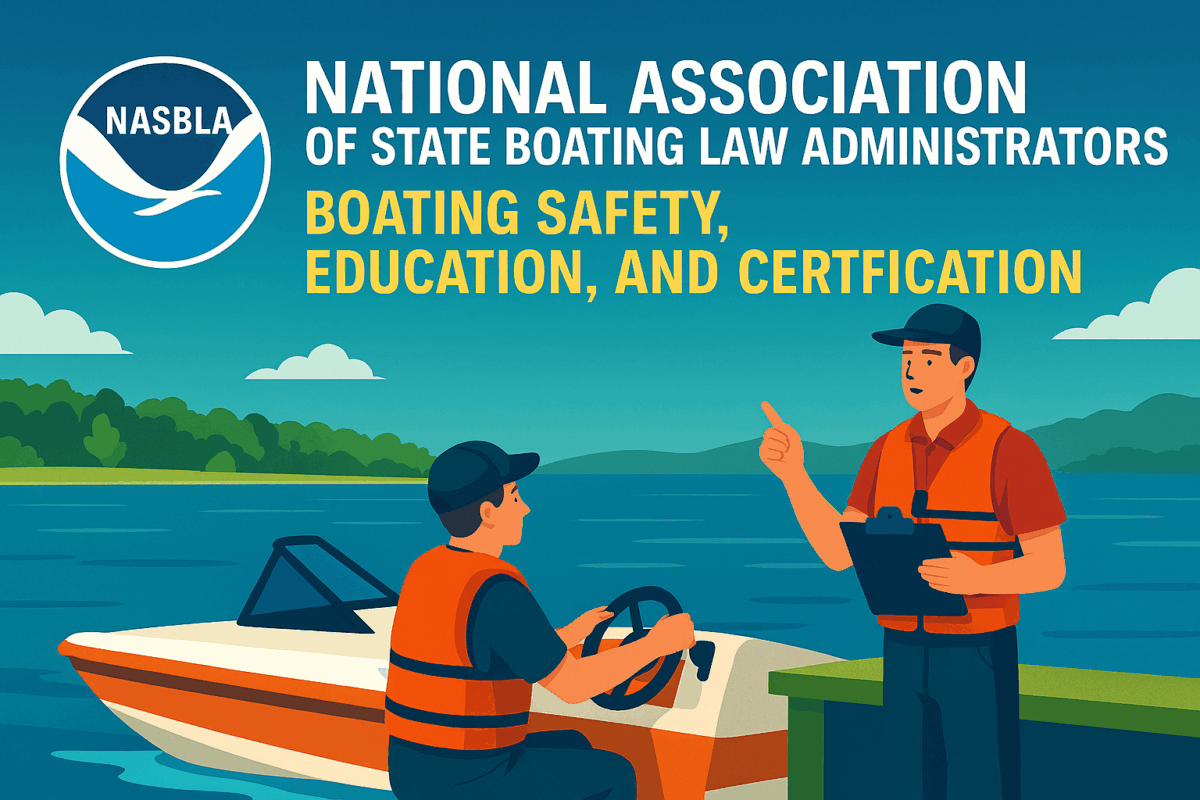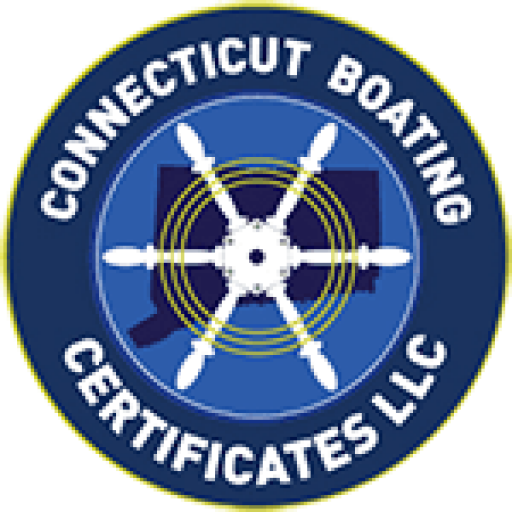Call: 1-800-832-7191

NASBLA State Boating Contacts
NASBLA State Boating Contacts: Your Link to Local Boating Authorities
NASBLA State Boating Contacts provide direct access to each state’s boating authority. These contacts help boaters stay informed, safe, and compliant. Whether you’re planning a trip or renewing a license, this resource connects you with accurate, up-to-date information.
Why Contacts Matter
Boating laws vary by state. NASBLA ensure you reach the right agency for local rules and regulations. These contacts also guide you to safety courses, registration details, and enforcement updates. Staying informed helps prevent violations and promotes responsible boating.
Plan Ahead with NASBLA State Boating Contacts
Before launching your boat, check local requirements. These listings include phone numbers, websites, and office locations. With this information, you can verify age restrictions, equipment standards, and waterway closures. Planning ahead saves time and avoids costly mistakes.
NASBLA always supports Education
Education is key to safe boating. Do all you can to connect with certified training programs and instructors. These programs cover navigation rules, emergency procedures, and environmental awareness. By completing a course, boaters gain confidence and meet legal requirements in their state.
Collaborate with State Agencies
NASBLA works closely with state agencies to improve boating safety nationwide. Through NASBLA State Boating Contacts, users can report hazards, request inspections, or ask questions. Agencies like the U.S. Coast Guard Boating Safety Division also support these efforts by providing national standards and resources.
NASBLA Helps You Stay Compliant
Compliance with state boating laws protects you and others on the water. NASBLA makes it easy to stay informed. These contacts offer direct access to updates on registration, safety gear, and seasonal restrictions. Staying compliant also helps avoid fines and ensures smooth boating experiences.
Additionally, NASBLA supports outreach and education efforts. Agencies often host public events, safety demonstrations, and youth programs. Boaters can participate, learn, and contribute to safer waterways. For broader regulatory context, visit the U.S. Department of Transportation Maritime Administration for national maritime policies and initiatives.
